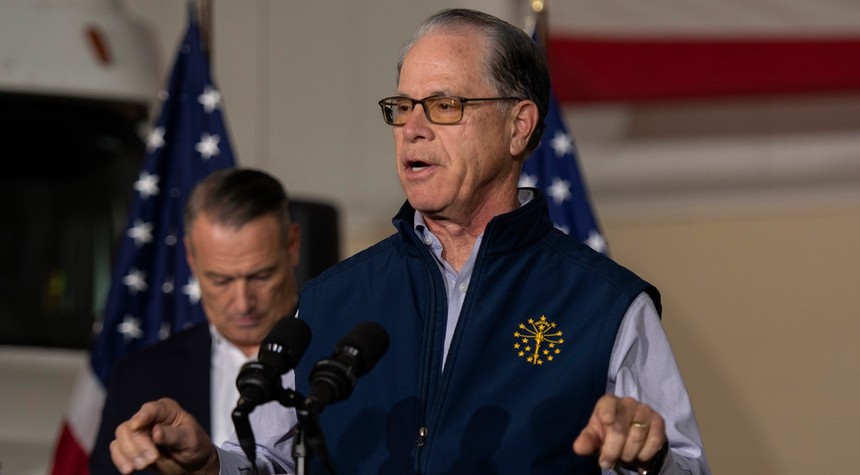There are moments in politics when even the most loyal allies draw a line in the sand, and we witnessed one of those moments this week in the Hoosier State.
Indiana Senate Republicans have put the brakes on a December redistricting session that President Donald Trump and his political operation had been pushing hard to make happen. Senate President Pro Tem Rodric Bray delivered the news that should make anyone who cares about legislative independence take notice: there simply are not enough votes within the Republican caucus to reopen Indiana’s congressional map.
This is no small matter. Lawmakers had been expected to reconvene on December 1 for what would have been a highly unusual mid-decade attempt to redraw all nine of the state’s congressional districts. Such efforts typically happen once every ten years following the census, not in the middle of the decade when political winds shift.
“Over the last several months, Senate Republicans have given very serious and thoughtful consideration to the concept of redrawing our state’s congressional maps,” Bray stated. “There are not enough votes to move that idea forward.”
Governor Mike Braun, who had recently traded his United States Senate seat for the governor’s mansion, had been beating the drum for this special session. He called for lawmakers to meet in November to take up redistricting, arguing that Republicans needed to add additional GOP-leaning districts before Democrats in other states completed their own mapping changes. Braun urged lawmakers to “show up and do the right thing.”
The current map, drawn by Republicans in 2021, already gives the GOP a commanding 7-2 congressional advantage. But that was not enough for redistricting supporters, who wanted lawmakers to craft a map in which all nine districts would favor Republicans based on 2020 Census data.
The push came after months of pressure from Trump allies, including strategist Marty Obst, who now leads the group Fair Maps Indiana. Obst did not mince words about Bray’s decision, warning that “decisions have consequences.”
The numbers tell the story of a divided Republican caucus. Eight Republican state senators had publicly opposed redistricting, while thirteen had expressed support. Those undecided senators found themselves in the crosshairs of a wave of television, digital, and mail advertising campaigns from pro-redistricting groups trying to move the needle.
Democrats were quick to celebrate what they see as a victory for fair representation. Senate Minority Leader Shelli Yoder characterized the situation as “Washington insiders pressured the governor to rig Indiana’s congressional maps,” calling the collapse of the effort a “win for all of us.”
Public polling suggested that Indiana voters were not enthusiastic about revisiting the maps either, adding another layer of political calculation to the decision facing Republican senators.
This episode raises important questions about the balance between party loyalty and legislative judgment. When does following the lead of national political figures cross the line into abandoning one’s own assessment of what serves constituents best? Indiana Senate Republicans have given their answer, and it is one that puts them at odds with the Trump political operation as states prepare for the 2026 midterms.
The courage to say no, even to powerful allies, remains a vital component of representative government. Whether this decision proves wise in the long run remains to be seen, but it demonstrates that state legislators still exercise independent judgment on matters affecting their districts.
Related: DNC Union Calls Five Day Office Requirement Callous After Chairman Issues Ultimatum


